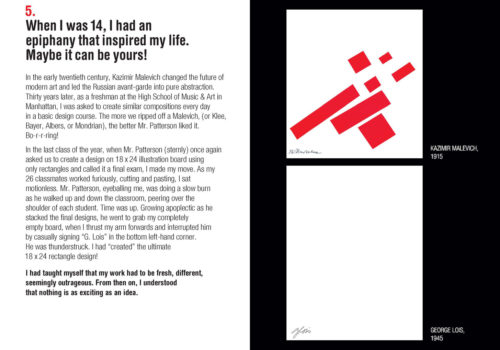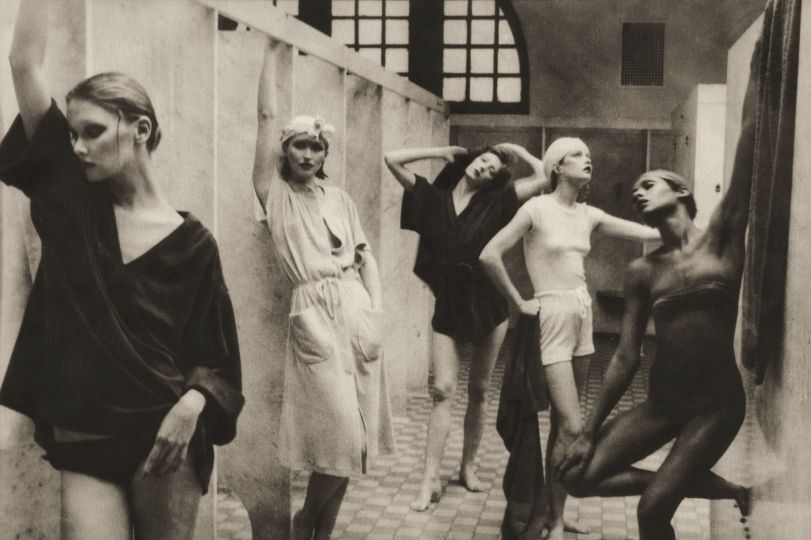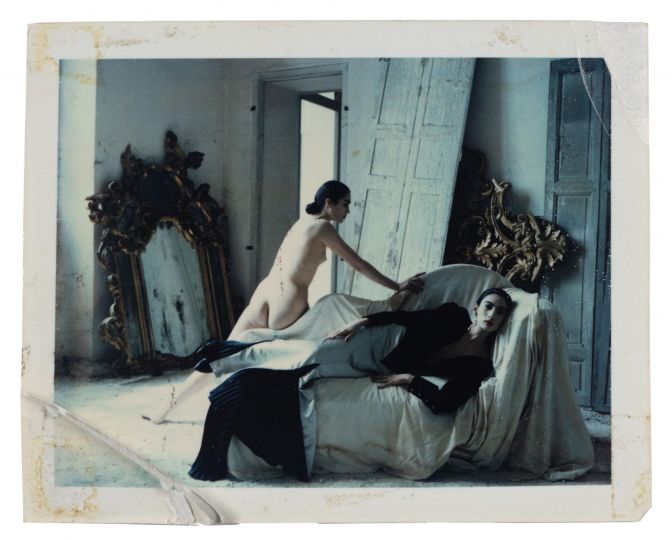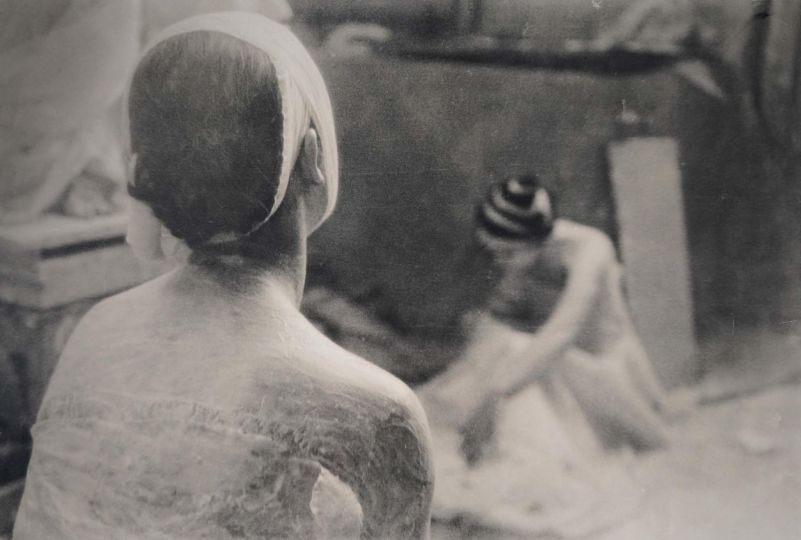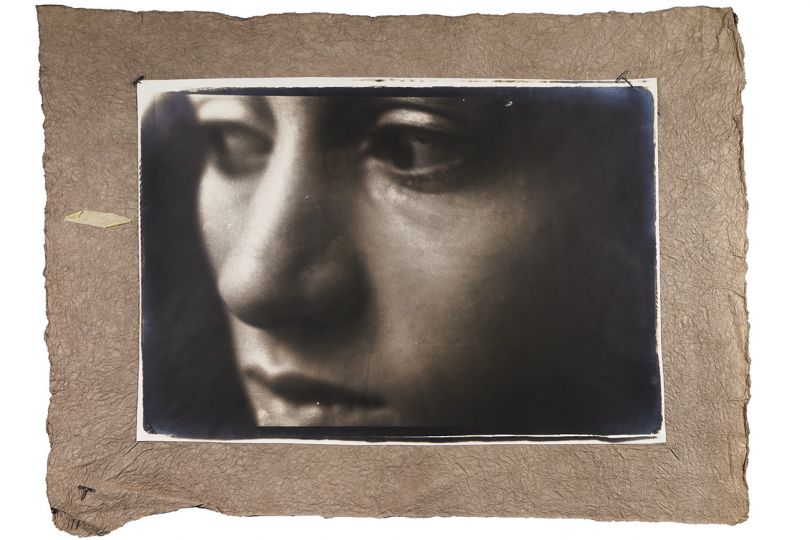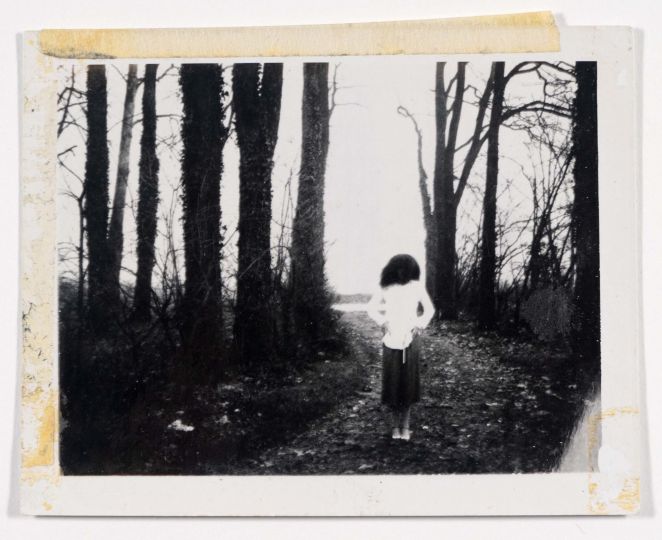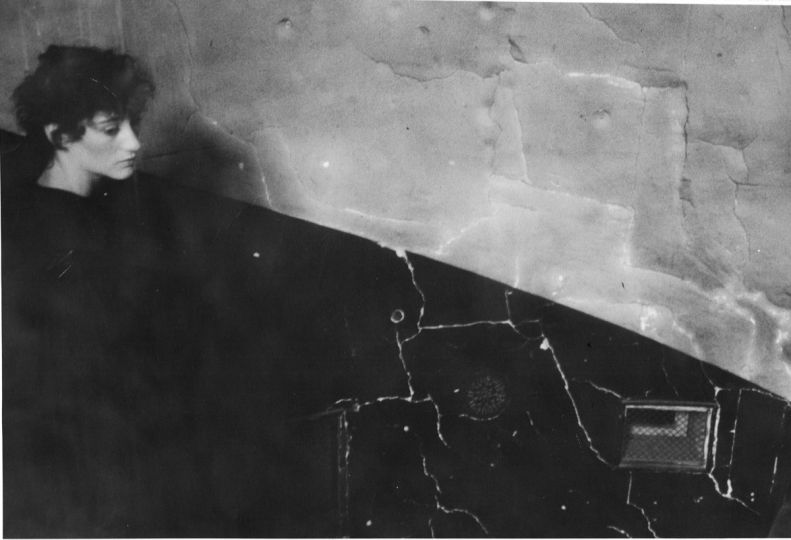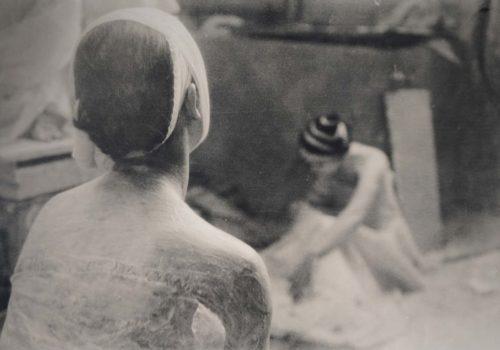Creation is one thing. Communication is another. The two are often conflated, mistaken as one in the same, when discussing art. It seems as though as the audience, we have forgotten our role. We are not the reason for the art, though we would like to think it so.
Creation is a personal endeavor, coming from an array of needs, be it spiritual or financial, aesthetic or emotional, physical or intellectual, or any other reason. The artist has a purpose, and that purpose is their own. Ideally, I imagine they would like this purpose to translate into our experience, but that can never really be so. At best, there is an affinity between purposes—for each member of the audience has their own needs, and seeks out greater understanding through communion with the art.
Thus it is really communion, and not communication, that happens when the audience observes the art. There is a shared space, something that only exists between the art work and the observer. And it is this space that the audience then tries to communicate, to understand what they experienced when looking at someone else’s Idea.
And sometimes, the person who created the Idea seeks to communicate their intention, their experience, their understanding, their raison d’etre. That’s when they write books. When they codify their life’s work. When they offer Damn Good Advice (for people with talent!) as George Lois does in his charming new volume from Phaidon.
Lois made his name in advertising and left his mark on the world. He raised advertising from an industry of selling product to a world of selling ideas. It is Lois who intuitively understands the connection between words and images, needs and desires, and the essence of the Now itself to produce compelling content to drive not just consumption but to codify our world view.
George Lois is the master of the Big Idea, and perhaps his biggest idea of them all was to raise Commerce to the level of Art, and in doing so reminding us that Art has always had a highly commercial component of its own. What sets Lois apart from the pack is the way in which he has fused his life with his work.
For item 65, he advises, “To constantly inspire breakthrough conceptual thinking, I go to the Metropolitan Museum of Art, religiously, every Sunday.” He expands, “Nothing comes from nothing. You must continuously feed the inner beast that sparks and inspires. I contend the DNA of talent is stored within the great museums of the world. Museums are custodians of epiphanies and these epiphanies enter the central nervous system and the deep recesses of the mind. The shock of an epiphany…has been an almost daily occurrence since I was a youngster, mystically echoing throughout much of my work. For example, I transformed the Met’s excruciating image by Francesco Botticini of Saint Sebastian into a 1967 Esquire cover depicting Muhammad Ali.”
Lois later addresses the famous cover in item 76, where he advises, “In an age when heroes are villainized and villains are lionized, a creative images can make an iconic statement.” Indeed, it seems almost impossible to imagine today that there was a time when major magazines used their covers to make a powerful and polarizing political statement. In this way, the Esquire cover is a tribute to both the impact of Ali and Lois upon the world, each man using his own resources to stand up in the face of injustice and be heard.
Lois quotes Abraham Lincoln stating, “I’m sorry I could not have written a shorter letter, but I didn’t have the time”, which is one of the most fabulous phrases to my ear in a world of digital noise, cheap soundbites, and instant gratification. As Lois explains, “[Lincoln’s apology] is the most lucid lesson in good writing I’ve ever read. Keep it short, informative, concise, and literary, where every single word counts. But remember: It’s not how short you make it; it’s how you make it short.” This observation itself sums up the essence of Damn Good Advice—a pocket sized book filled with 120 short and snappy lessons, iconic imagery, and sharp, clean design that Lois used to reach the top and change the world.
Miss Rosen
George Lois
Damn Good Advice
Paperback
English
178 x 120 mm, 7 x 4 3/4 in
192 pp
100 Illustrations couleur
ISBN-13: 9780714863481
ISBN-10: 0714863483

